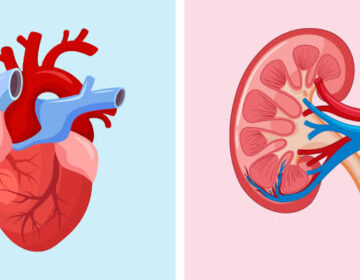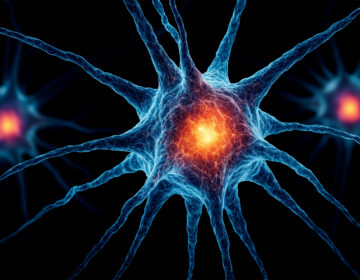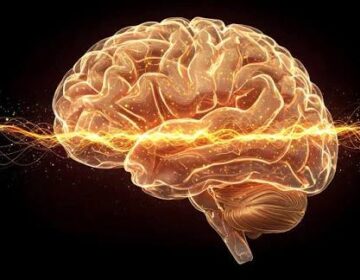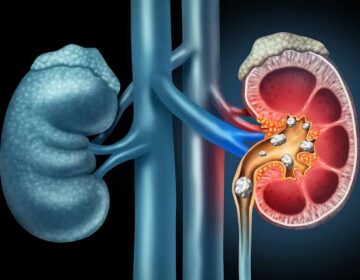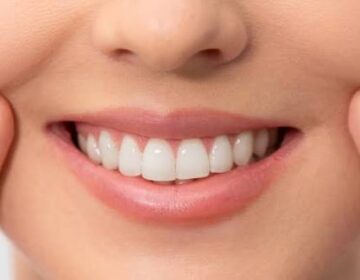Caffeine and other common substances can influence bacterial defenses, reducing the effectiveness of some antibiotics.
Compounds found in our daily diets, including caffeine, can influence how bacteria respond to antibiotics. This conclusion comes from a new study led by Professor Ana Rita Brochado and her team at the Universities of Tübingen and Würzburg.
The researchers showed that bacteria such as Escherichia coli (E. coli) use complex regulatory networks to detect chemical cues from their surroundings, and these responses can alter the effectiveness of antimicrobial drugs.
To explore this effect, the team conducted a systematic screen of 94 substances, including antibiotics, prescription medicines, and dietary ingredients. They examined how these compounds influenced the activity of key genetic regulators and transport proteins in E. coli, a bacterium that can cause disease.
The study makes an important contribution to the understanding of what is called ‘low-level’ antibiotic resistance, which is not due to classic resistance genes, but to regulation and environmental adaptation. This could have implications for future therapeutic approaches, including what is taken during treatment and in what amount, and whether another drug or food ingredient – should be given greater consideration.


